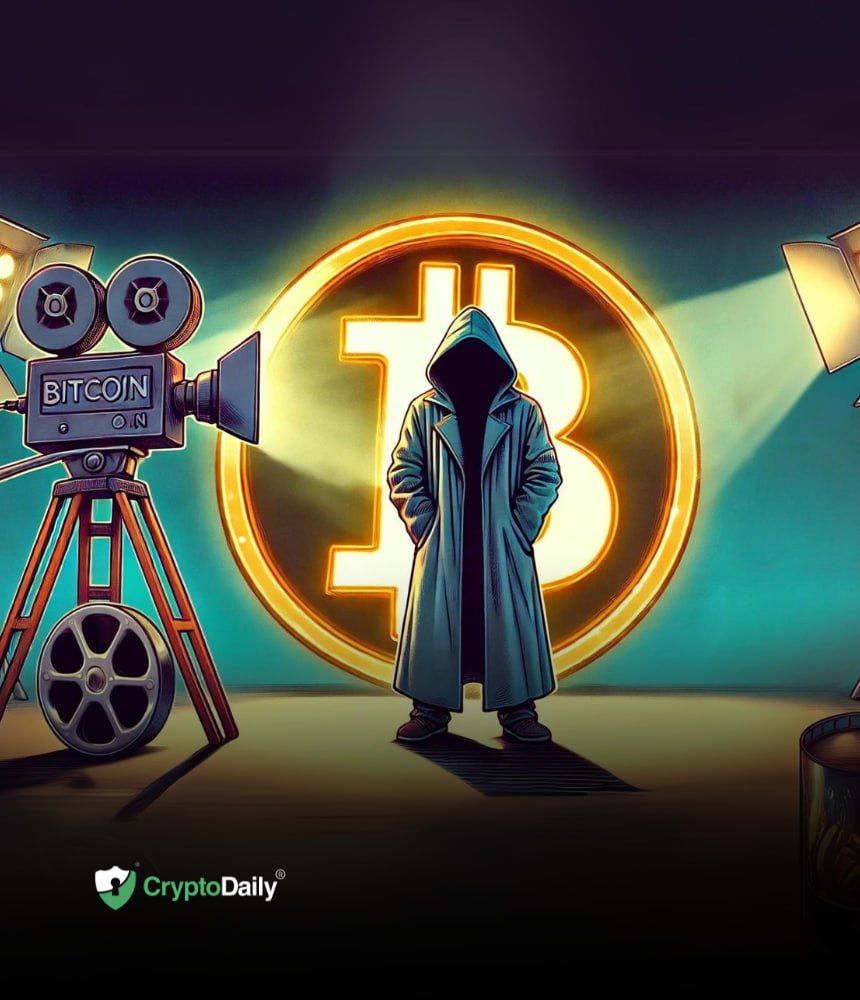A new HBO documentary has shockingly claimed to have identified the mysterious creator of Bitcoin, Satoshi Nakamoto, in a revelation that could potentially send shockwaves throughout the crypto markets.
The documentary is the latest work by Emmy-nominated Cullen Hoback, who has drawn praise for the series “Q: Into the Storm,” which exposed the QAnon conspiracy theory.
Satoshi Nakamoto’s Identity To Be Revealed?
If the documentary’s findings are widely accepted, they could send shockwaves through the crypto and financial markets and even impact the US presidential election, given that Republican candidate Donald Trump is a strong supporter of crypto and Bitcoin and has garnered considerable support from the crypto community. The documentary is set to air next Wednesday at 2 a.m. CET.
Bitcoin was created in 2009 and has become an extremely popular store of value for those who believe traditional money is being systematically debased. It has also become a speculatory asset and a popular mode of payment. Bitcoin, which has become the world’s largest and most popular cryptocurrency, has garnered support from figures such as Elon Musk, and grown into a trillion-dollar asset class, and has attracted interest from various central banks.
Exposing Satoshi Nakamoto’s identity could have significant consequences for the crypto ecosystem. It will also establish him as one of the wealthiest individuals in the world, with Nakamoto believed to control around 1.1 million BTC. However, it is unclear if he still has access to the wallets containing them. If he has access to them, his net worth would be around $66 billion.
In an intriguing coincidence, around 250 BTC worth $15 million were drained from several wallets of the Satoshi era. While these coins are not officially linked to Nakamoto, they have been dormant since the earliest days of Bitcoin, meaning the wallet owners must have certainly been Nakamoto’s early collaborators.
The Enigma Of Satoshi Nakamoto
The true identity of Satoshi Nakamoto is one of the biggest mysteries of the crypto ecosystem. Nakamoto published the Bitcoin whitepaper in 2008, and after helping establish the nascent cryptocurrency, it vanished from the public eye in 2010 and has never been heard of since. His last public communication was addressed to the whistleblower website WikiLeaks, which read,
“WikiLeaks has kicked the hornet’s nest, and the swarm is headed towards us … I make this appeal to WikiLeaks not to try to use Bitcoin. Bitcoin is a small beta community in its infancy. You would not stand to get more than pocket change, and the heat you would bring would likely destroy us at this stage.”
Potential Candidates
Since then, many have tried and failed to identify Satoshi. The first high-profile attempt was that of journalist Leah McGrath Goodman, who identified Japanese American Dorian Nakamoto as Satoshi. However, Dorian denied he was the creator of Bitcoin. Others, such as Australian cryptographer Craig White, have stepped forward, claiming they were Nakamoto. However, White has been unable to prove he is Satoshi Nakamoto, and the crypto community has rejected his claim.
Others who have been thought to be Nakamoto are the late software engineer Hal Finney, computer scientist Nick Szabo, and Hashcash inventor Adam Beck. However, the Bitcoin community does not favor identifying Satoshi, arguing about his right to privacy. Peter McCormack, who had also questioned Craig White’s claims of being Nakamoto, stated,
“For years, there’s been endless speculation about the true identity of Satoshi Nakamoto, both in print and in media. Yet, until someone signs the private keys linked to Satoshi’s addresses, all of this remains mere conjecture. Satoshi gave the world a profound gift in Bitcoin but deliberately chose to remain anonymous — a decision that must be respected. Efforts to unmask them are not just irresponsible but potentially dangerous.”
Disclaimer: This article is provided for informational purposes only. It is not offered or intended to be used as legal, tax, investment, financial, or other advice.






















